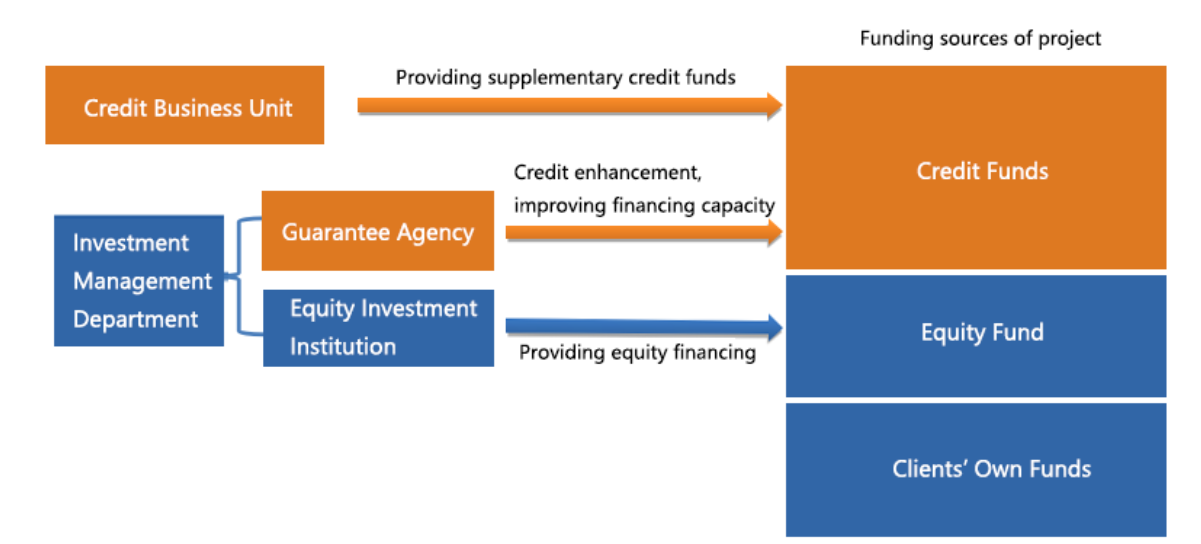Understanding Bullet Loans: A Comprehensive Guide to This Unique Financing Option
Guide or Summary:What is a Bullet Loan?How Bullet Loans WorkAdvantages of Bullet LoansDisadvantages of Bullet LoansWho Should Consider a Bullet Loan?What is……
Guide or Summary:
- What is a Bullet Loan?
- How Bullet Loans Work
- Advantages of Bullet Loans
- Disadvantages of Bullet Loans
- Who Should Consider a Bullet Loan?
What is a Bullet Loan?
A bullet loan is a type of loan where the principal amount is paid back in a single lump sum at the end of the loan term, rather than through regular installment payments. This structure allows borrowers to manage cash flow more effectively, especially in scenarios where they expect to have a large sum of money available at a future date, such as from the sale of an asset or a significant increase in income.

How Bullet Loans Work
Bullet loans typically involve interest payments made periodically throughout the loan term, with the full principal due at maturity. This means that during the life of the loan, borrowers only need to focus on paying interest, which can be beneficial for businesses or individuals who may not have the cash flow to handle regular principal repayments. The final payment, which consists of the entire principal amount, can often be a significant financial burden if not planned for properly.
Advantages of Bullet Loans
One of the main advantages of bullet loans is their flexibility. Borrowers can utilize the funds for various purposes without the immediate pressure of repaying the principal. This can be particularly advantageous for real estate investors or businesses expecting a cash influx from operations or sales. Furthermore, since the principal is not paid until the end of the term, borrowers can invest the capital elsewhere, potentially earning a return greater than the interest rate on the loan.

Disadvantages of Bullet Loans
However, bullet loans are not without their risks. The most significant downside is the large final payment, which can lead to financial strain if the borrower is unprepared. Additionally, if the expected cash flow does not materialize, borrowers may find themselves in a difficult position, struggling to repay the principal. This risk is heightened in volatile markets where income can fluctuate unexpectedly.
Who Should Consider a Bullet Loan?
Bullet loans are often suited for specific types of borrowers, such as real estate developers, businesses with cyclical cash flows, or individuals expecting a significant financial windfall. They can be an effective tool for those who have a clear plan for repaying the principal and can manage the associated risks. However, it is crucial for potential borrowers to conduct thorough financial planning and risk assessment before opting for this type of financing.

In summary, bullet loans can offer unique advantages for certain borrowers, particularly those who can manage the risks associated with a large final payment. Understanding the mechanics of bullet loans, including their benefits and drawbacks, is essential for anyone considering this financing option. By carefully evaluating their financial situation and future cash flow expectations, borrowers can determine whether a bullet loan aligns with their financial strategy.